Stories of Brazilians who took to the streets and showed that travel is for everyone […]
Biased and often normalized, ableism measures another person’s abilities, depending on their type of disability.
Not to mention the physical, architectural and attitudinal barriers that prevent the full exercise of citizenship, as well as forms of treatment, communication and practices that also reinforce this discriminatory act.
As journalist Jéssica Paula states, architectural accessibility is the most remembered element, “which is already a big step”. But this alone is not enough if the destination or attraction does not have qualified professionals to meet the needs of this minority audience, and not minority, as is erroneously said.
“It’s a significant part of the population. In Brazil alone we have 18 million people,” Jéssica recalls.
According to Law 13146 of 2015, ableism is a crime punishable by a fine and a prison sentence of 1 to 3 years.
The act is defined as “any form of distinction, restriction or exclusion, by action or omission, which has the purpose or effect of impairing, impeding or nullifying the recognition or exercise of fundamental rights and freedoms of a person with disabilities, including the denial of reasonable accommodation and the provision of assistive technologies”.
For Jéssica, ableism is one of the things that “seriously undermines the expectations of people with disabilities when they leave home.” To have accessible tourism, therefore, a destination needs to receive training from professionals in the sector and offer access to information, such as the structural details of the attraction (“is it accessible for whom?”, the journalist provokes).
Below you will discover three inspiring stories of Brazilians who have taken to the road and proven (mostly to themselves) that travel is for everyone.
Jessica Paul
journalist
This woman from Rio Verde has been to some of Africa’s most conflict-affected nations, traversed the Lençóis Maranhenses, and about a year ago climbed one of the walls of Sugarloaf Mountain in Rio de Janeiro.
Jessica, of course, would be another of the cheeky girls who have already experienced the Travel at a rateif it weren’t for one detail: the crutches she started using after becoming paraplegic due to a throat infection migrated to her spinal cord, at the age of six.
Adapting to the world was not an easy task, but conquering it was his goal above all with autonomy.
“If I have any information [sobre a acessibilidade e os recursos disponíveis]now I have the power to decide whether that place makes sense for me or not, whether I want to be there or not in those conditions”, warns Jéssica.
Her first trip was at the age of 19, alone and abroad, when she was in Buenos Aires, the capital of Argentina. Since then, she has landed in 37 countries and, according to her calculations, has traveled more than 200,000 kilometers.
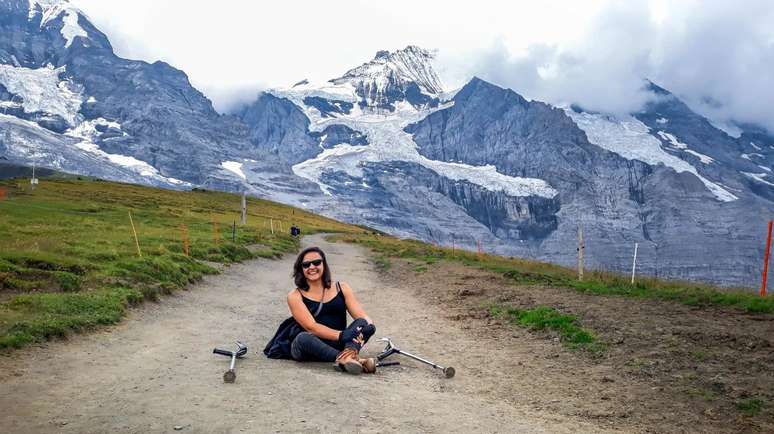
In 2013 he spent two months in African regions affected by political conflicts or wars, such as Ethiopia, Sudan and Uganda, from whose experience he published the book “We Are Here” (published by Schoba).
Three years ago, Jéssica walked 30 kilometers of the Lençóis Maranhenses, in three days, with the help of a horse and a local guide. The woman from Goiás became known as the first person on crutches to cross the state’s most famous attraction.
“When I go to Lençóis Maranhenses, I don’t expect to find architectural accessibility, in the middle of nature. But I expect to find a guide willing to welcome me. And that’s the great difficulty,” laments the journalist.
In July 2023, she will become the first paraplegic woman to scale Sugarloaf Mountain in Rio de Janeiro, an eight-hour climb up a 400-meter granite rock face using ropes, trails, and vertical walls.
“This year [2024] I stayed silent, creating a platform where people could go and see what places [no mundo] are accessible,” he explains in the report.
And last but not least, the journalist makes it very clear:
“These improvements are neither charity nor a favor”
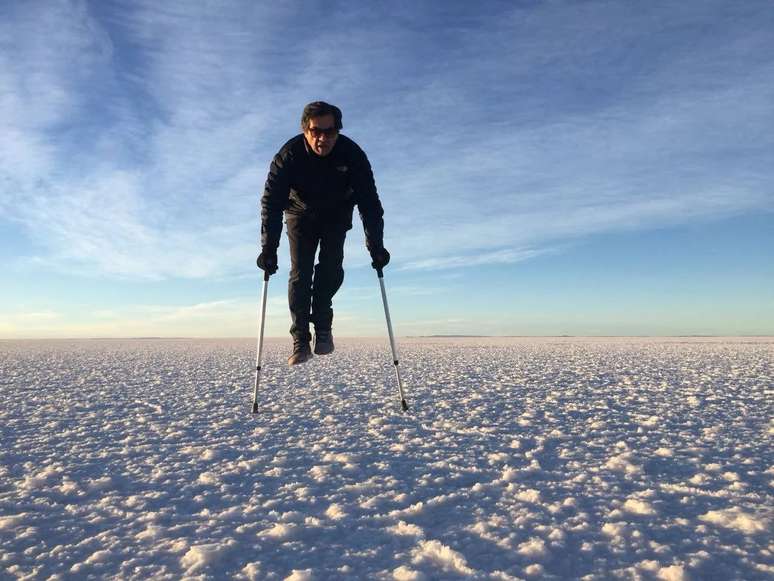
Luiz Thadeu Nunes and Silva
agricultural engineer
After a car accident in the interior of Rio Grande do Norte in 2003, this agricultural engineer was hospitalized for four months, underwent more than 40 surgeries and did not set foot on land for four years.
Since 2009, however, Luiz has shown that traveling is not impossible. On the contrary, the travel curriculum of this Maranhão originally from São Luís already includes more than 150 countries visited, which many able-bodied people would not even have the courage to visit, such as Uganda, Kenya, Belarus and Ukraine (before the war, of course).
Not to mention trips to the less explored side of tourism in the Americas, such as Guyana, Belize and Honduras, an MBA in Public Management, a book released in 2022 (‘Das Muletas Fiz Asas’ – nVersos Editora) and an EAD course in Journalism in which he is currently in the 7th semester.
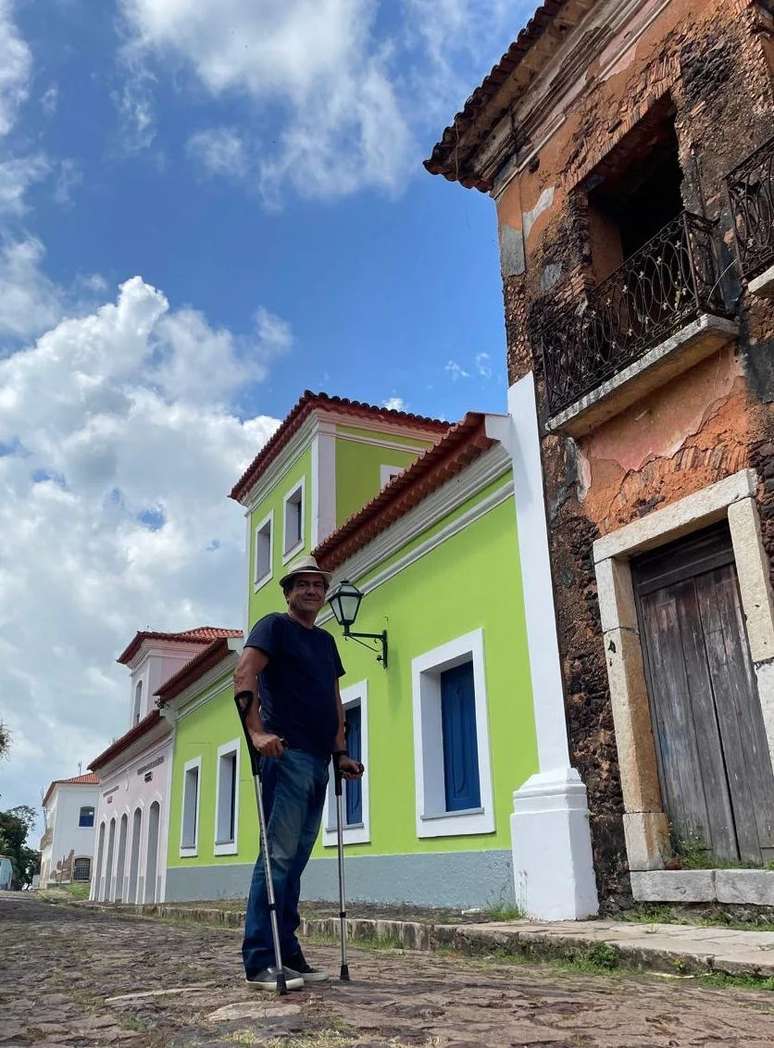
Since March 2023, Luiz has been Undersecretary of Tourism for the state of Maranhão and has since been working with the Secretariat of Infrastructure to map and carry out the necessary adaptations in São Luiz.
“Some countries in South America, with a lower GDP than some states in the Northeast, are better suited than Brazil,” he compares.
Juliana Tozzi
engineer
You may not know this mountaineer by name. But you’ve probably heard of the Julietti chair created for her (and all the other wheelchair users who want to go even further).
It was after breast cancer and a rare neurological syndrome that this engineer began to have difficulty speaking, lost motor coordination and was unable to walk.
In order to continue climbing mountains, one of her passions, her husband Guilherme Simões Cordeiro created in 2016, with the help of a bicycle manufacturer, an adapted chair for Juliana to once again tackle difficult-to-access trails.
In 2015, as Guilherme recalls, a model like this cost around R$ 30,000. Today, his company Julietti Tecnologia Assistiva sells an adapted chair starting at R$ 7,000.
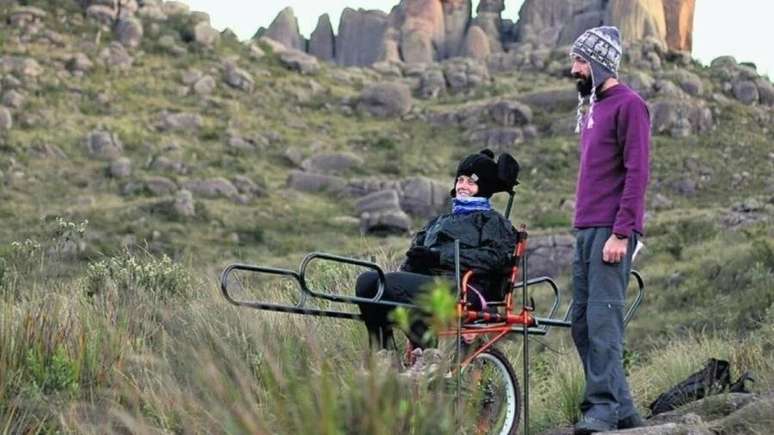
Among the product’s features, Guilherme highlights its height (which offers wheelchair users a real field of vision, as if they were standing), and the use of a single wheel, which guarantees the chair’s passage.
Since then, they (Guilherme, Juliana and Julietti) have been to the Prateleiras Massif, Itatiaia National Park (RJ) and the Andes mountain range, where they climbed the Acotango volcano, between Bolivia and Chile, in search of the title of the first wheelchair user in the world to climb a mountain over six thousand meters.
Currently, among many projects, the couple runs the Instituto Montanha para Todos, which encourages access to nature for people with some type of motor disability, with “the development of adapted equipment with design and technological innovation”. Find out more: Montanhaparatodos.com.br
*Descriptions of ableism were made from the report, based on the booklet “Fight ableism”, prepared by the Ministries of Health and Human Rights
Source: Terra
Ben Stock is a lifestyle journalist and author at Gossipify. He writes about topics such as health, wellness, travel, food and home decor. He provides practical advice and inspiration to improve well-being, keeps readers up to date with latest lifestyle news and trends, known for his engaging writing style, in-depth analysis and unique perspectives.

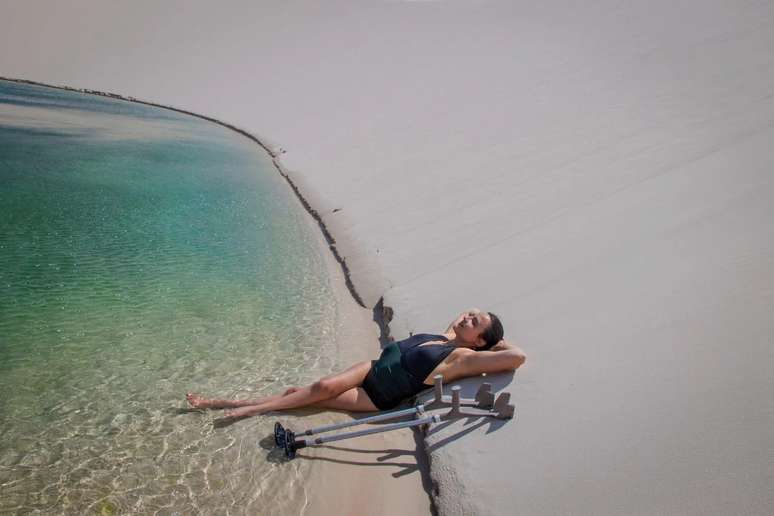

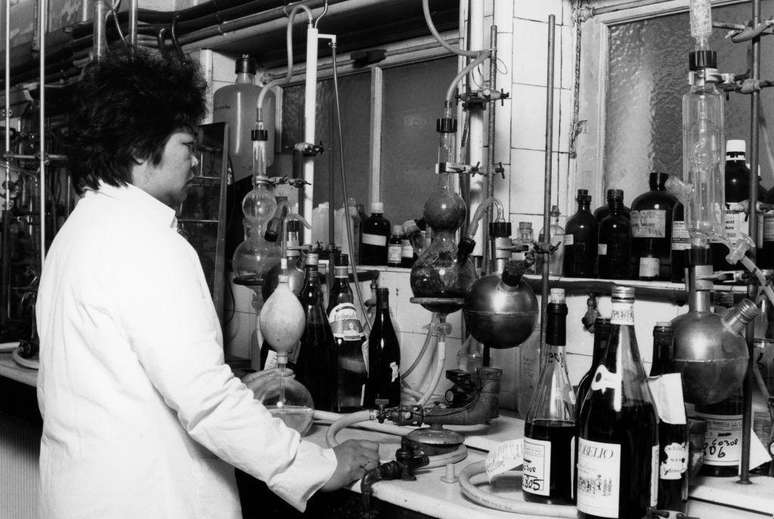

![It All Begins Here: What’s in store for Tuesday 21 October 2025 Episode 1289 [SPOILERS] It All Begins Here: What’s in store for Tuesday 21 October 2025 Episode 1289 [SPOILERS]](https://fr.web.img3.acsta.net/img/99/48/99481db5c03e1ff295fce95b23125991.jpg)



